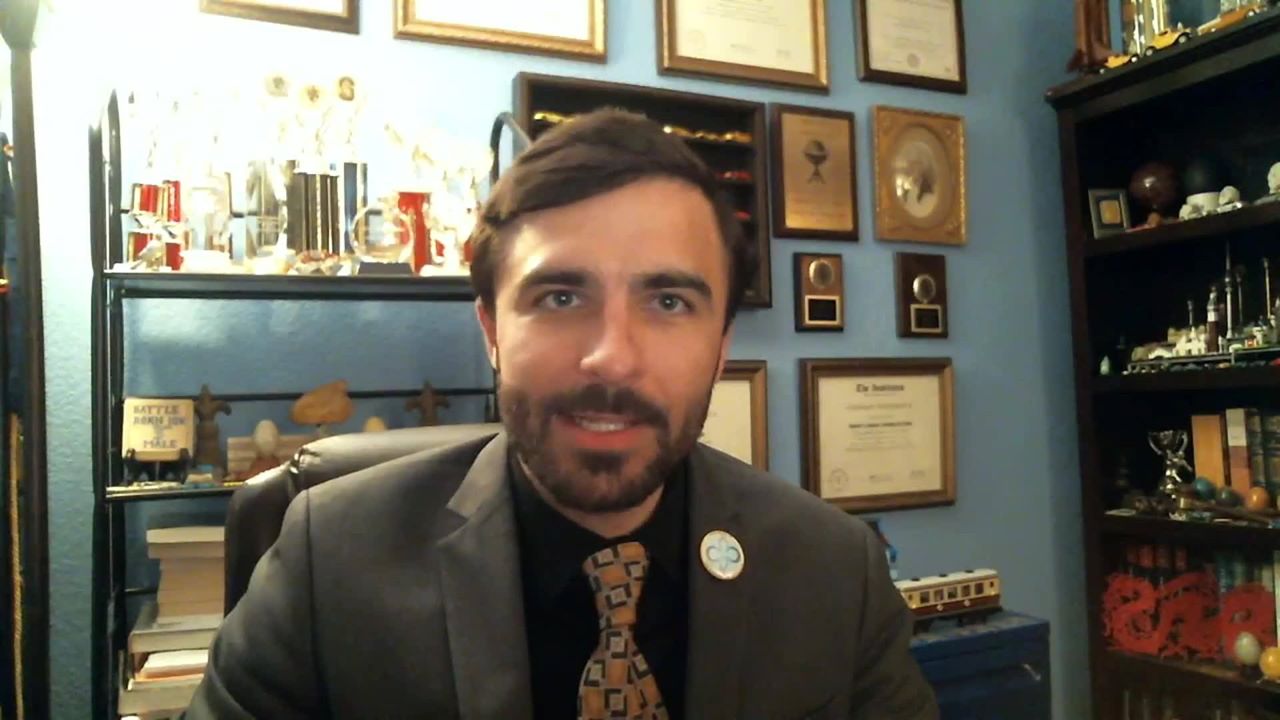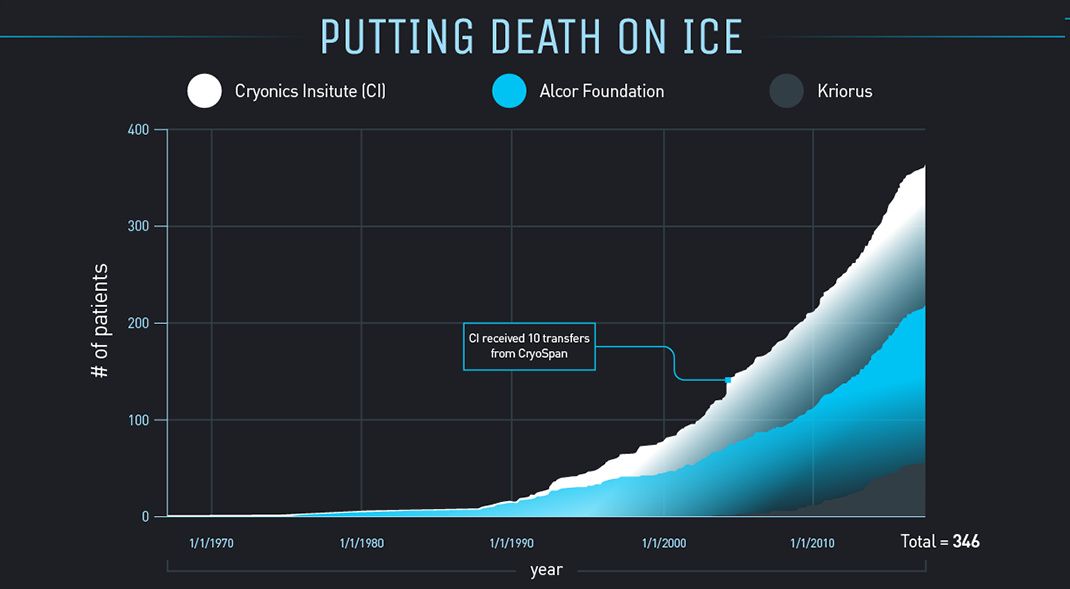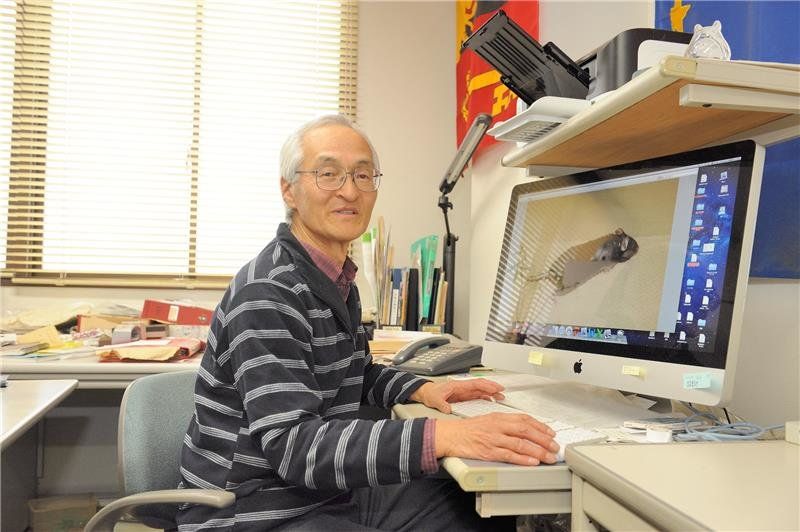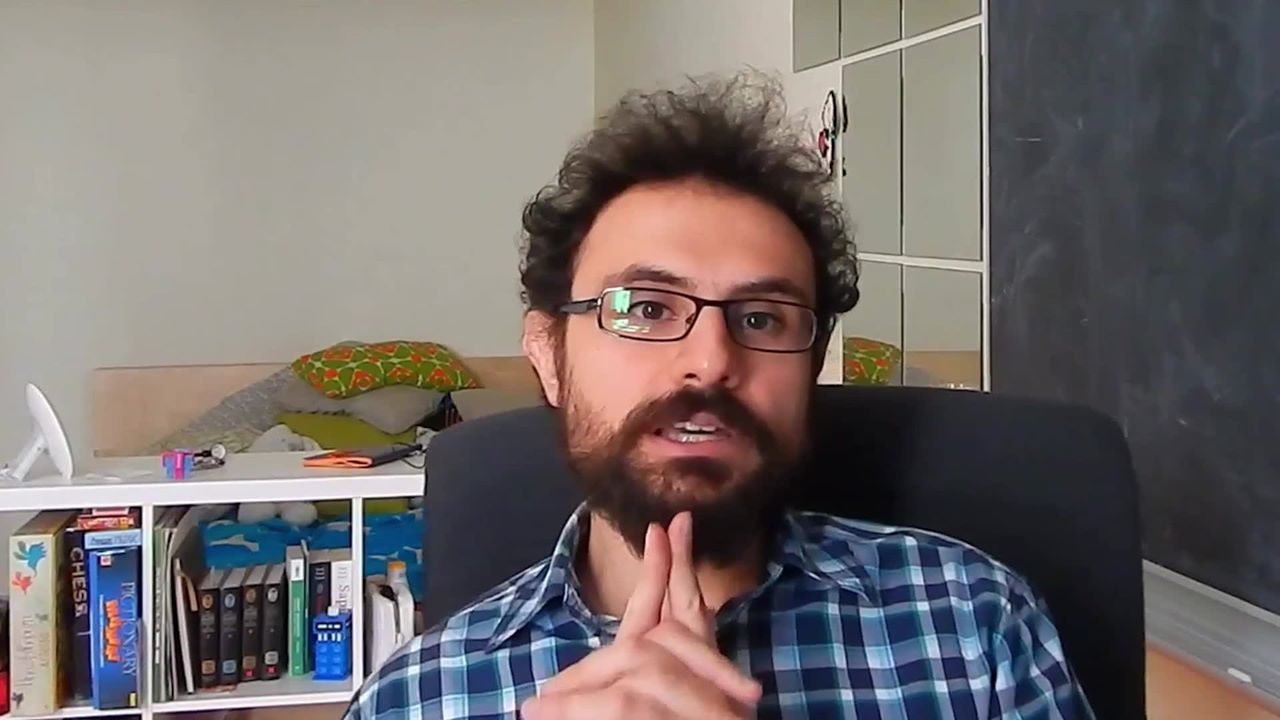Gennady Stolyarov shares his #IAmTheLifespan story for Longevity Month. Share your story too!
https://www.leafscience.org/longevity-month-2017-tell-us-your-story/


Robert C. W. Ettinger’s seminal work, The Prospect Of Immortality, detailed many of the scientific, moral, and economic implications of cryogenically freezing humans for later reanimation. It was after that book was published in 1962 that the idea of freezing one’s body after death began to take hold.
One of the most pressing questions is, even if we’re able to revive a person who has been cryogenically preserved, will the person’s memories and personality remain intact? Ettinger posits that long-term memory is stored in the brain as a long-lasting structural modification. Basically, those memories will remain, even if the brain’s “power is turned off”.
This infographic delves into the mechanics and feasibility of cryonics – a process that thousands of people are betting will give them a second shot at life.

Can the process of aging be delayed or even reversed? Research led by specially appointed Professor Jun-Ichi Hayashi from the University of Tsukuba in Japan has shown that, in human cell lines at least, it can. They also found that the regulation of two genes involved with the production of glycine, the smallest and simplest amino acid, is partly responsible for some of the characteristics of aging.

LEF has access to blood tests from its customers who take the product. That means data should be available in less than a year. If it works, we can expect other DNN-developed geroprotectors.
In 2011, scientists made one of the most important discoveries in the history of AI development. They found that graphics processing units (GPUs) are far better at simulating biological learning than central processing units (CPUs).


The benefits of rejuvenation biotechnology to end age-related diseases could go beyond just the individual.
As I wrote in a different article, rejuvenation biotechnology promises a range of benefits for individuals. Lest anyone thinks that’s all rejuvenation has to offer, I reckon it’s worth discussing other ways that this technology would benefit larger groups of people—namely, your friends and family. If you are rejuvenated, that’s all good for you, but is there anything good coming out of it for your dear ones? Oh, yes.
Two burdens relieved with a single shot
The ill health of old age is a formidable sword of Damocles looming over us all, and when it falls down, it typically does not hit just us; the elderly are certainly the primary victims, but their family are collateral casualties. When people lose their health and independence to aging, their families have to go through the pain of seeing their loved ones becoming more and more fragile, sick, dependent, perhaps even demented. Adding insult to injury, the troubles caused by aging don’t stop here, because a sick and dependent person needs looking after. Thus, the family of an elderly person needs to step in themselves to take care of their relative; if this is not possible, a nursing home is likely going to be the only option left.

Izpisúa, Blasco, De Grey, and Magalhães meet in Madrid at the end of summer at the first “International Longevity and Cryopreservation Summit.” The conference lasts two days and is held in the CSIC, attracting prominent scientists, futurists and freaks, as conference organizer and Vidaplus President Txetxu Mazuelas, refers to them. The scientific world and the futuristic world inevitably clash. One of the most heated debates is on the cryopreservation of human beings – a kind of plan B that puts humans on ice while they work out the secret to eternal life.
Could we live to 140? 1,000? Is there a limit? Scientific research into extending the human lifespan is being backed by Silicon Valley giants such as Google and Facebook.

Speaking of concerns, I’m a bit concerned that the discussion about what might go wrong or how to prevent this or that hypothetical problem might draw attention away from another, possibly even more important question: Why do we strive to make rejuvenation a reality? There’s not much point in doing something if it doesn’t yield any benefits, especially if that something requires as much hard work as this cause does; so, what are the expected benefits of rejuvenation?
The benefits are many; some are obvious, and some are less so. The ones I’ll discuss in this article are the ones I see as obvious—tangible, immediate benefits for the people undergoing rejuvenation.


Really excited to announce my interview in Allure Magazine, one of the biggest women’s mags out there. This is also in print as their November “Science” Issue with 1.2 million distribution: I believe it’s the first time #transhumanism has been in their mag and shows how widespread the movement is getting. 2 other longevity interviews as well in story:
If you’ve ever thought it might be nice to live forever, you’re in impressive company. From moon-shot projects to billionaire-funded research, three experts share vastly different views on the future of what it means to be human.
Laura Carstensen is the director of the Center of Longevity at Stanford University and the author of A Long Bright Future: Happiness, Health, and Financial Security in an Age of Increased Longevity (PublicAffairs).
You May Also Like